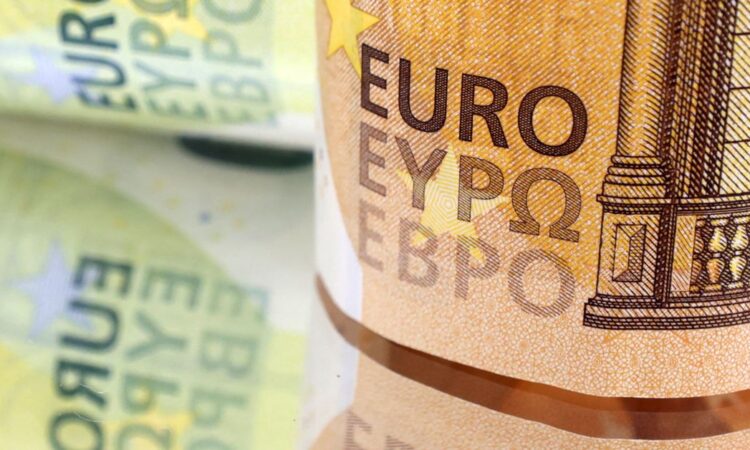
LONDON, March 14 (Reuters Breakingviews) – Up until last week, European Central Bank President Christine Lagarde was odds-on to keep her promise of raising the deposit rate by 50 basis points to 3% on Thursday. The U.S. banking crisis could stay her hand. That would be a blessing. The full impact of the central bank’s unprecedented tightening campaign will only hit in 2024. A softer touch now could spare the euro zone severe economic problems later.
Lagarde and her colleagues pride themselves on being “data-dependent”. One key data point for them is 8.5%. That’s the annual growth in euro zone inflation recorded in February, and it sits well above the ECB’s 2% target.
The other key data point is “two”. That’s the number of U.S. banks that were closed down by regulators at the weekend. The demise of Silicon Valley Bank and Signature Bank (SBNY.O) was partly due to rising interest rates and sparked fears of a global banking rout. And even though credit rating agency Moody’s and Greece’s central bank chief Yannis Stournaras say the crisis will not spread to the euro zone, markets want the ECB to take it easier.
Latest Updates
View 2 more stories
Investors are evenly split between those expecting a 25 basis point hike and those backing a 50 basis point raise on Thursday, according to probabilities derived from market prices by Refinitiv. The chances of the deposit rate topping out at 3.5% are only one in three. Before the weekend, the consensus was that it would peak at 4%.
ECB hardliners argue that it should stick to a 50 basis point rise. They note that interest rates are the right tool to fight inflation. Financial stability is better monitored, in their book, via solvency rules, stress tests and backstops.
Yet taking a softer stance on rates might help the ECB assess its work so far. After being slow to react to a spike in inflation, Lagarde has brought the cost of money from below zero to 2.5% in just seven months.
Much of the impact will be felt next year, because rising rates typically take 12 to 18 months to translate into higher borrowing costs for households and companies. By then, the ECB expects headline inflation to average 3.4%. Analysts are more optimistic, predicting a fall to 2.4% in 2024. As for GDP, the central bank in December forecasted a rebound in growth from 0.5% this year to 1.9% in 2024.
Given the delayed effect of its aggressive tightening, a more relaxed ECB has a realistic shot at hitting its growth forecasts by engineering an economic “soft landing”. That would also help protect the bloc’s banks from transatlantic contagion.
Follow @guerreraf72 on Twitter
CONTEXT NEWS
The European Central Bank announces its interest rate decision and new economic forecasts on March 16.
Editing by George Hay and Oliver Taslic
Our Standards: The Thomson Reuters Trust Principles.
Opinions expressed are those of the author. They do not reflect the views of Reuters News, which, under the Trust Principles, is committed to integrity, independence, and freedom from bias.






